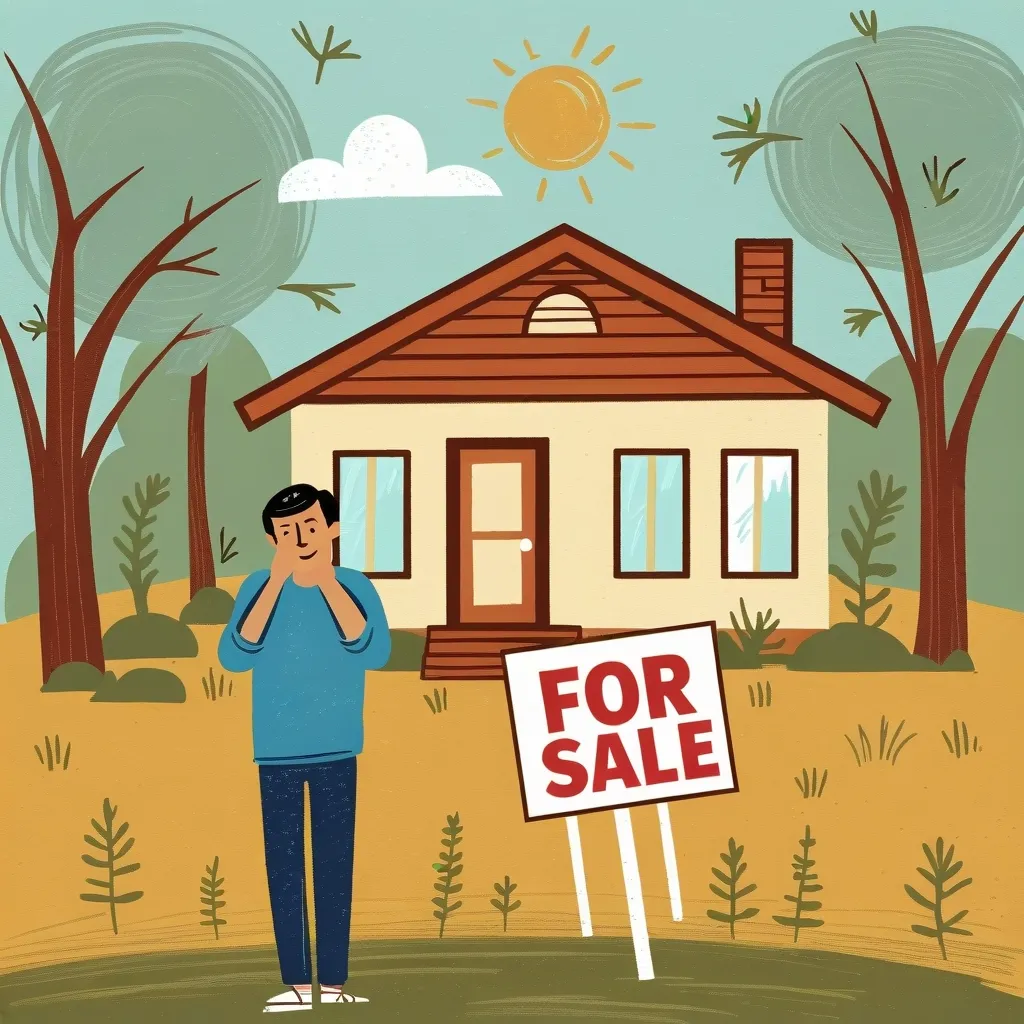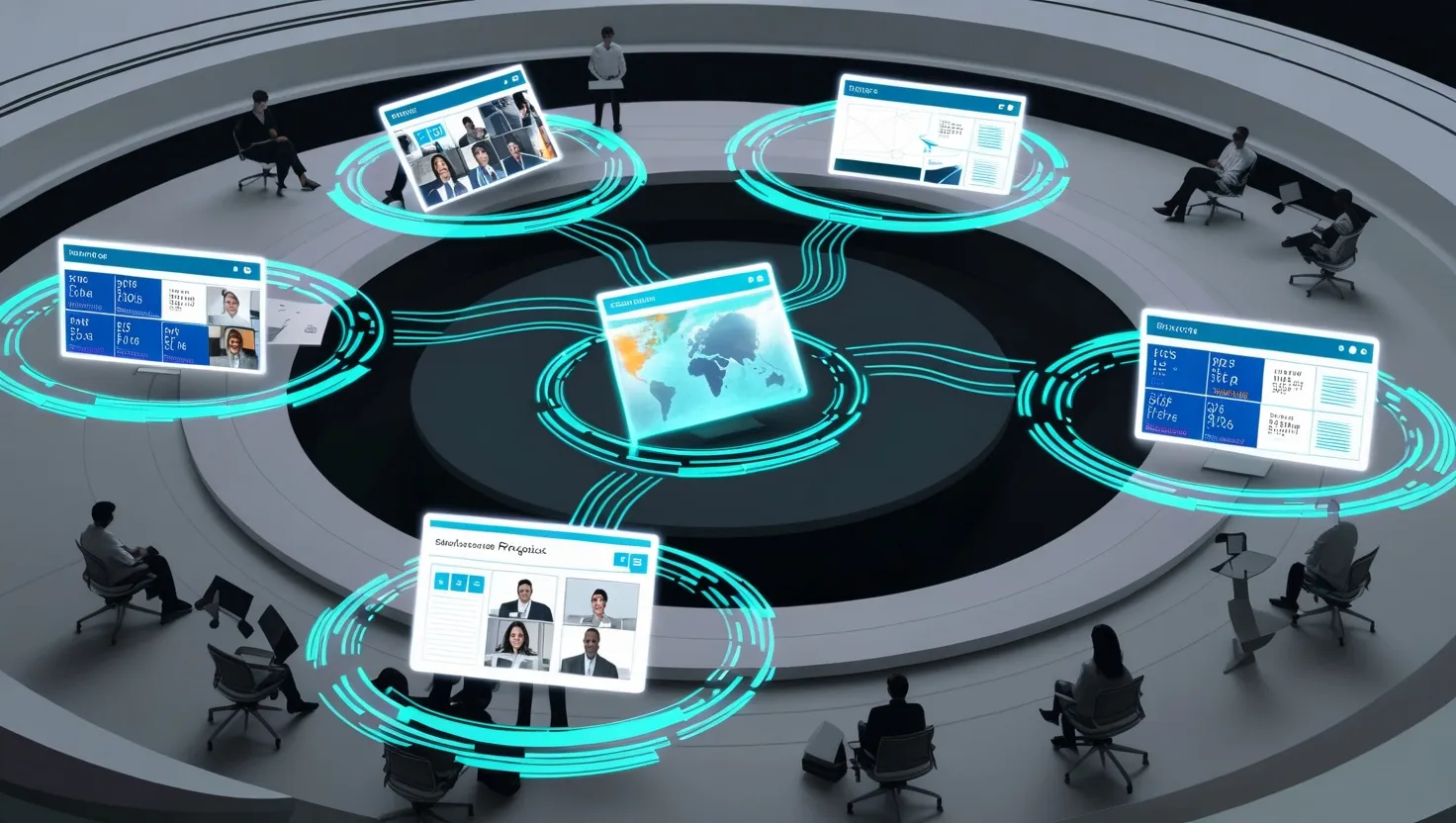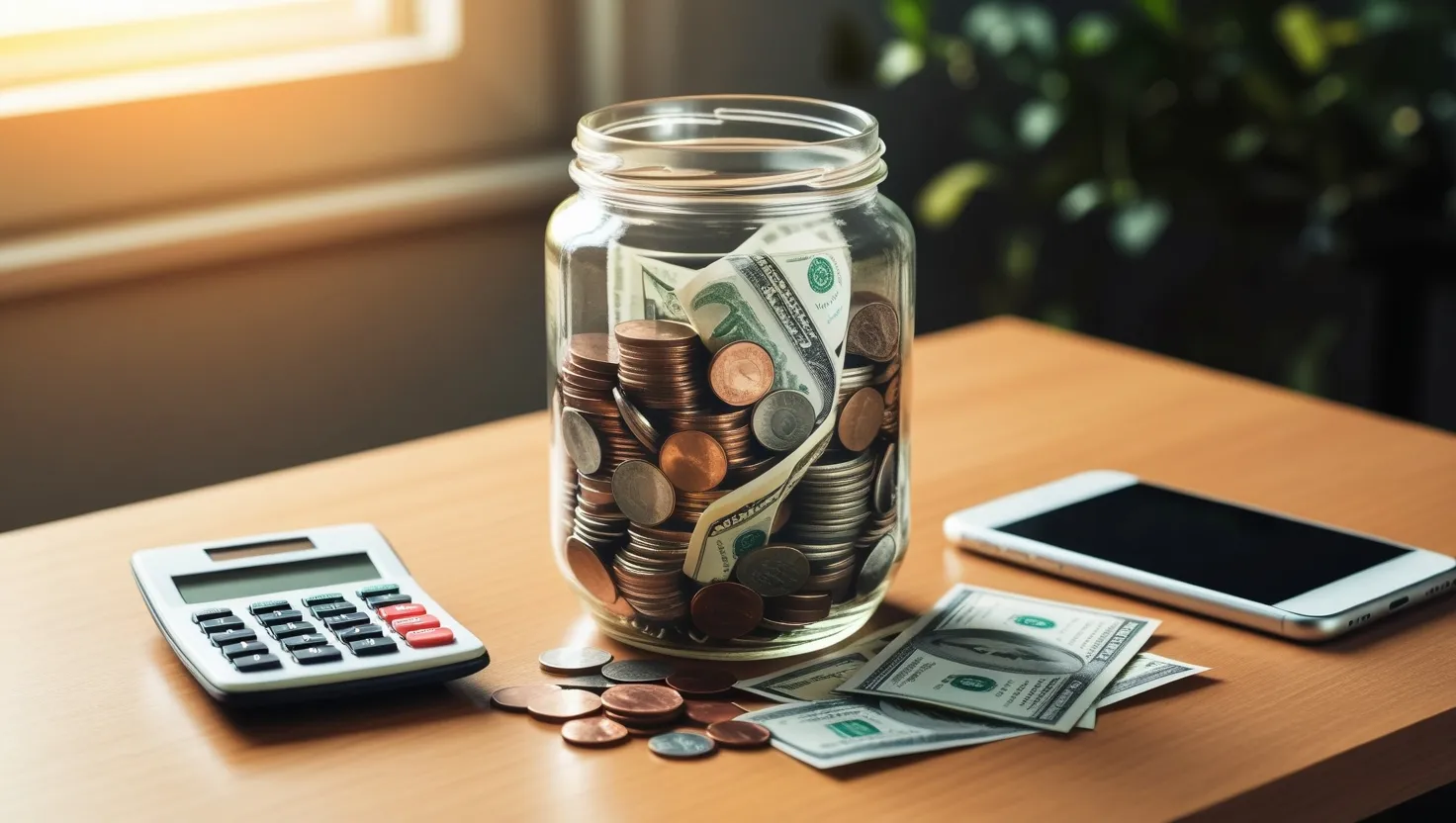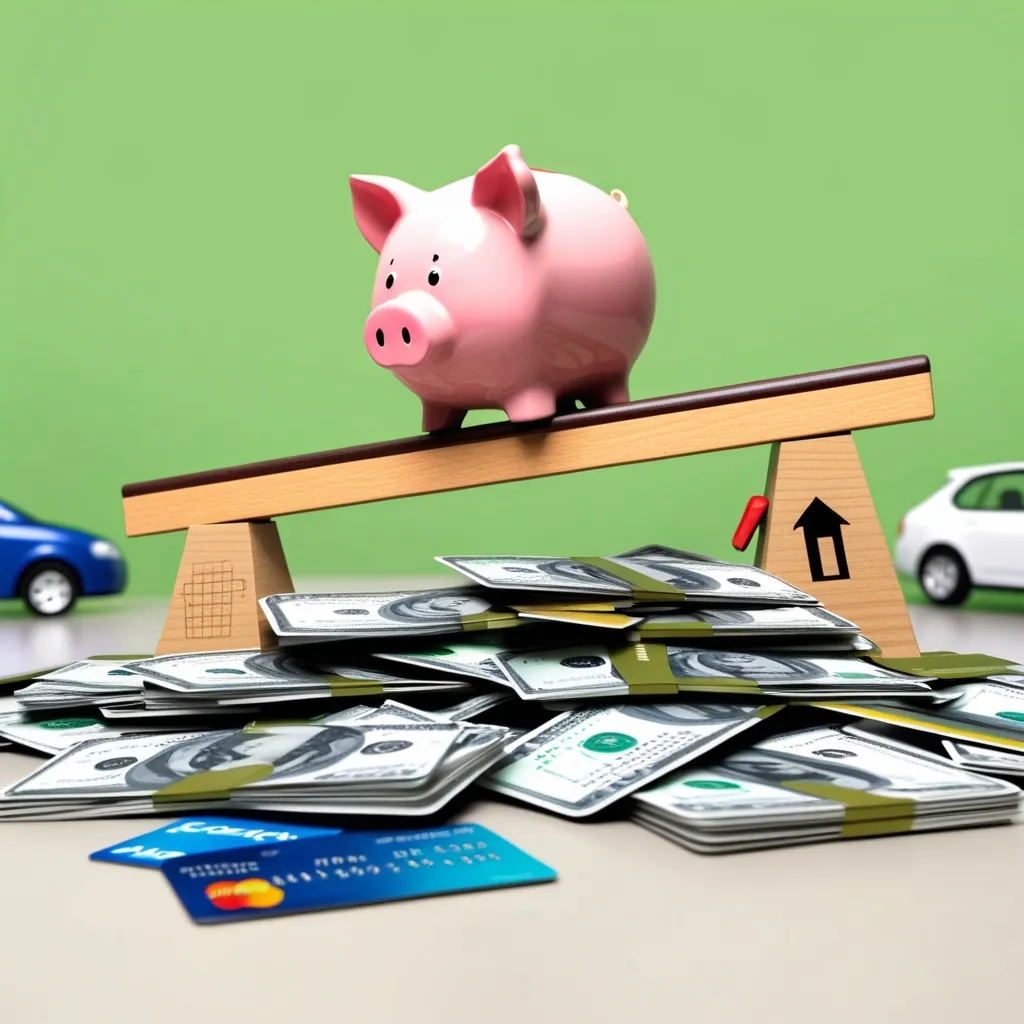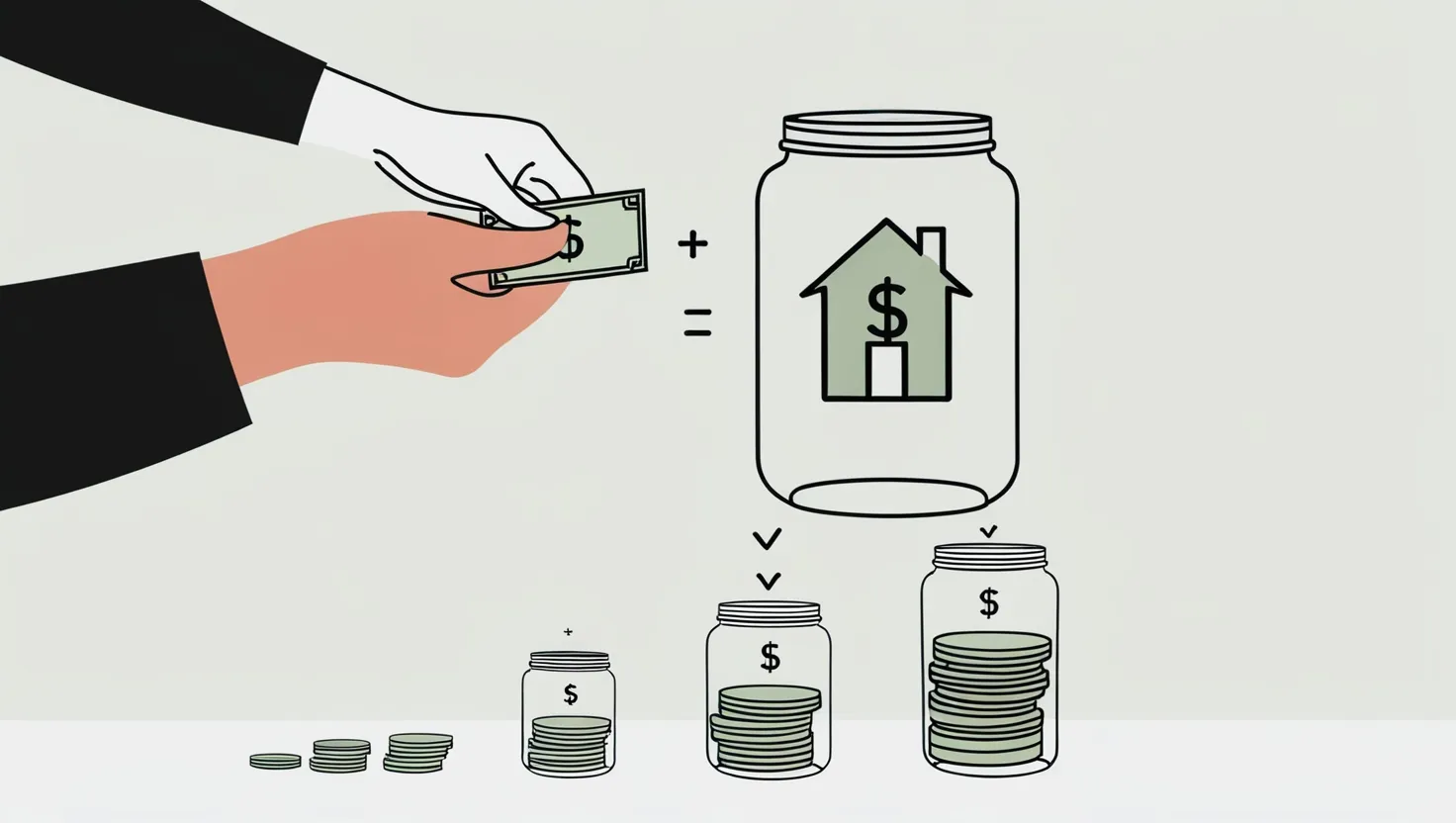Buying a home is a big deal, but it doesn’t have to be a headache. Let’s dive into some real talk about how to make it happen, even when it feels like the odds are stacked against you.
First things first, get your money situation sorted. It’s not just about having enough cash for a down payment. You need to look at the whole picture. Are you carrying a bunch of debt? That’s going to make lenders nervous. And forget about splurging on a new car or fancy vacation right before you apply for a mortgage. Keep your credit clean and your spending in check.
Now, don’t fall into the trap of waiting for the “perfect” time to buy. Spoiler alert: there’s no such thing. The housing market is like a rollercoaster, and trying to time it perfectly is a fool’s game. If you find a place you love and can afford, go for it. Waiting around might mean missing out on your dream home.
Here’s something a lot of folks forget: owning a home isn’t just about the mortgage. There’s a whole bunch of other costs that’ll sneak up on you if you’re not careful. Property taxes, HOA fees, maintenance - it all adds up. Set aside some cash each month for these extras. Trust me, future you will thank present you for being so smart.
Let’s talk about home inspections. They might seem like an unnecessary expense, but they’re worth their weight in gold. For a few hundred bucks, you could save yourself from buying a money pit. Imagine moving in only to find out the roof’s about to cave in. Yikes.
Don’t just fall in love with a house - fall in love with the neighborhood too. Take some time to scope out the area. Drive around at different times of day. Is it noisy? Are there good schools nearby? Can you walk to grab a coffee? These things matter more than you might think.
Now, let’s channel our inner Dave Ramsey for a sec. He’s big on getting your financial ducks in a row before you even think about buying. Pay off those debts, build up an emergency fund. It might take longer, but you’ll sleep better at night knowing your home is a blessing, not a burden.
Reality check time: in today’s market, you might need to adjust your expectations. That dream home you’ve been picturing? It might be out of reach right now. But that doesn’t mean you can’t find something awesome. Be open to compromise. Maybe a slightly longer commute or a smaller place could make homeownership possible.
When it comes to mortgages, keep it simple. A fixed-rate mortgage is your friend. It’s predictable, stable, and won’t give you nasty surprises down the road. Steer clear of those adjustable-rate mortgages. They might seem tempting at first, but they can bite you in the butt later.
Don’t forget about closing costs and other expenses that come with owning a home. These can add up to thousands of dollars, so factor them into your budget. And remember, once you move in, you’re responsible for everything. No more calling the landlord when the sink starts leaking.
Getting some professional help can make a world of difference. A good real estate agent is worth their weight in gold. They know the market, can spot potential issues, and might even know about houses that aren’t officially on the market yet.
Building an emergency fund is crucial. Aim for three to six months of living expenses tucked away. This isn’t just for house stuff - it’s a safety net for life in general. You never know when you might need it, and having that cushion can save you from a world of stress.
Buying a home isn’t just about the numbers - it’s an emotional journey too. It’s easy to get caught up in the stress of it all, especially with today’s crazy market. But try to keep perspective. Remember why you’re doing this. A home is more than an investment - it’s a place to build a life.
Here’s a tough pill to swallow: you probably won’t find a perfect house. There’s always going to be something that’s not quite right. The key is figuring out what you can live with and what’s a deal-breaker. Maybe the kitchen is smaller than you’d like, but the backyard is amazing. Learn to compromise.
Sometimes, a little help can go a long way. If you’re lucky enough to have family or friends who can chip in, don’t be too proud to accept. Just make sure everyone’s on the same page about expectations.
At the end of the day, buying a home often comes down to good old-fashioned hard work and patience. It might take years of saving, budgeting, and building your credit. But man, when you finally get those keys in your hand, it’s all worth it.
Remember, your first home doesn’t have to be your forever home. It’s a stepping stone. Maybe it’s not perfect, maybe it’s not in your dream neighborhood. But it’s yours. And that’s pretty damn cool.
So take a deep breath, do your homework, and don’t be afraid to ask for help. You’ve got this. Happy house hunting!
